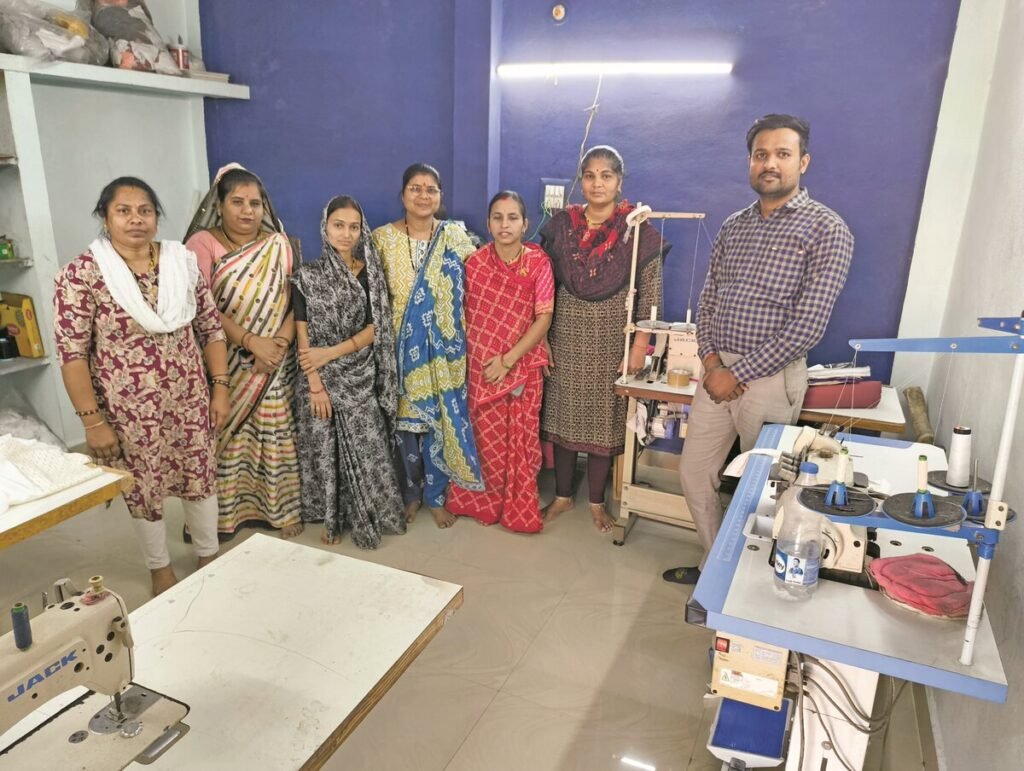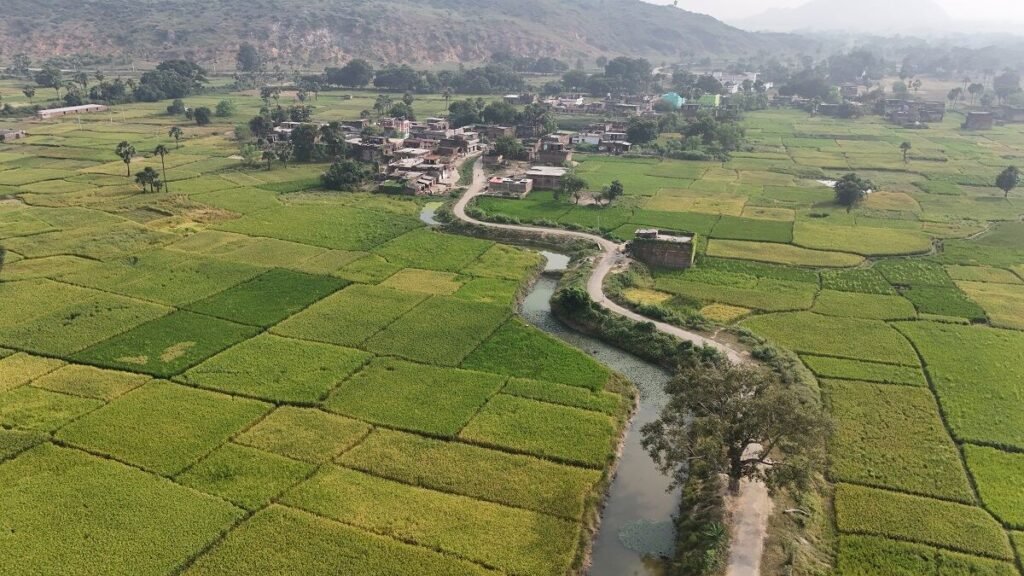MUMBAI (India CSR): ICICI Bank continues to advance its commitment to sustainable development, as detailed in its Environmental, Social, and Governance (ESG) Report for FY24-25. The Bank expanded the reach of its social impact programmes in the financial year 2024–25, with initiatives across healthcare, women’s empowerment, and environmental sustainability reaching 1.89 crore people. The Bank’s Corporate Social Responsibility (CSR) expenditure stood at Rs 801 crore during the year, compared to Rs 519 crore in the previous year, representing a 54% increase.
Governance and ESG Strategy
ICICI Bank continues to strengthen its governance frameworks and ESG integration. During FY25, the Bank expanded its ESG risk assessment tool to cover more sectors, enhancing its ability to identify and manage risks across diverse industries. ESG factors were integrated into credit evaluation for large corporate proposals, and sector-specific ESG analysis was introduced for hard-to-abate industries, helping the Bank manage high-impact sectors with elevated carbon footprints.
Further reinforcing its governance standards, the Bank has maintained robust oversight with Board-level committees guiding its ESG agenda. The Risk Committee and ESG Steering Committee held 7 meetings in FY25, ensuring continuous monitoring and strategic alignment of ESG factors in the Bank’s decision-making processes.
The Bank also made substantial strides in climate-related disclosures and stress testing, in line with the Reserve Bank of India’s (RBI) ICAAP process. ICICI Bank has reaffirmed its commitment to carbon neutrality for Scope 1 and Scope 2 emissions by FY2032 and has made measurable progress toward its sustainability goals, including a 38% share of renewable energy in its total electricity consumption in FY25 (up from 35% in FY24).

Furthermore, the Bank remains committed to the highest standards of governance with its anti-bribery policies, whistleblower protection, and data privacy frameworks. Employee diversity also remains a key focus, with women constituting 32% of the workforce and targeted support schemes in place for gender equality and inclusion.
Social Initiatives
A key focus was empowering women through Self-Help Groups (SHGs). In FY25, 10 lakh women were supported under the SHG programme, bringing the total number of beneficiaries to 1.1 crore since inception. These initiatives have helped women access credit, improve financial literacy, and create sustainable income opportunities in rural and semi-urban areas. Additionally, over 91 lakh people benefited from programmes focused on skill development, agriculture, and micro-enterprises, significantly enhancing rural livelihoods.

ICICI Bank also scaled up its healthcare efforts. In partnership with 550 hospitals, the Bank facilitated medical treatment for 4 lakh individuals, bringing the total number of beneficiaries of its healthcare initiatives to over 25 lakh. As part of its ongoing commitment to healthcare, the Bank has increased its support to the Tata Memorial Centre to Rs 1,800 crore, aimed at establishing three new cancer hospitals across India.
Environmental Initiatives
Environmental conservation has remained a priority for ICICI Bank. In FY25, the Bank created water harvesting capacity of 3,387 crore litres and restored 17,453 water bodies. It also implemented rainwater harvesting systems in 9,690 schools. The Bank planted 12 lakh trees during the year, bringing the total to 49 lakh trees since FY22. In addition to forest conservation projects across states like Madhya Pradesh, Maharashtra, Rajasthan, Andhra Pradesh, and Telangana, the Bank supported ecological projects in 56 forest reserves across 19 states. Notably, in Bihar’s Gaya district, traditional ahar-pyne systems were revived, benefiting more than 11,973 acres of farmland, while watershed development in Maharashtra helped 370 households and improved 1,295 acres of land.

ICICI Bank’s efforts in FY25 are a testament to its dedication to strengthening community infrastructure, enhancing access to essential services, and fostering sustainable development in India. Through its integrated approach to social, environmental, and governance factors, the Bank continues to drive long-term value for its stakeholders while contributing to the country’s sustainable growth.
(India CSR)







